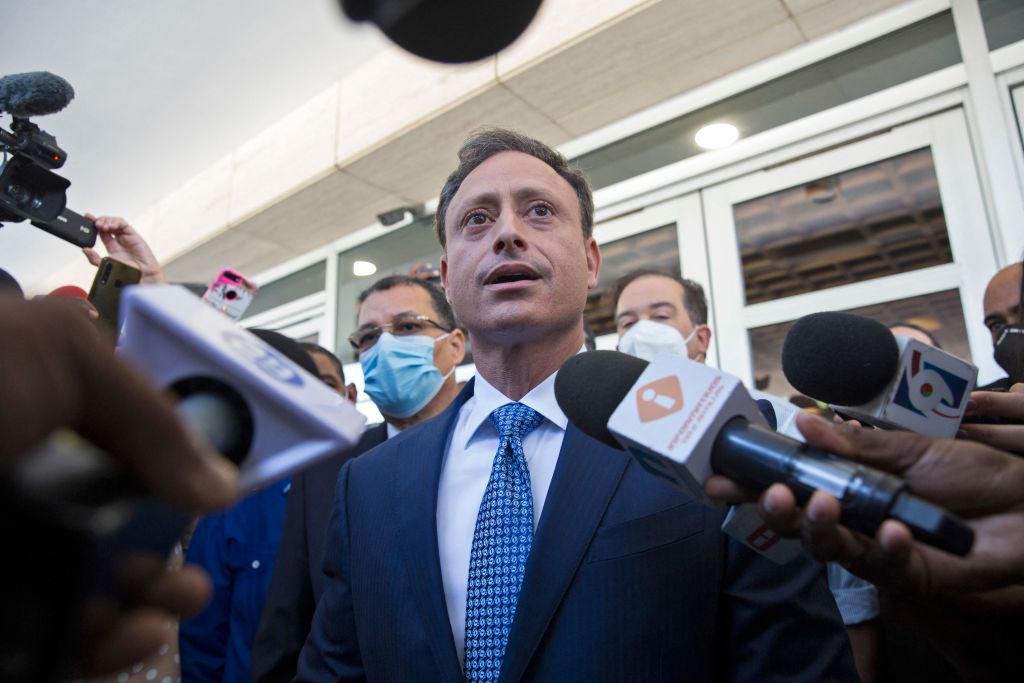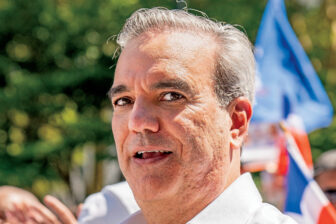In response to Nick Burns’ article for AQ, “Luis Abinader: The (Rare) Popular Incumbent,” published on January 3, a reader writes:
U.S. Secretary of State Antony Blinken has stated that “the promotion and protection of human rights, fundamental freedoms” as well as “standing up to governments” who engage in arbitrary arrests are central to U.S. foreign policy.
Abuse of preventive detention in the Dominican Republic is a widely known problem. The National Commission on Human Rights (CNDH-DR) recently reported that 80% of all those in prison are being preventively detained, and half under “inhuman conditions,” triggering a February hearing before the Inter-American Commission on Human Rights (IACHR) on “the human rights of persons deprived of liberty” in the country.
There is also a political dimension to the problem. Last November, the United Nations Working Group on Arbitrary Detention (WGAD), issued a decision against the Dominican Republic finding that prosecutors appointed by President Luis Abinader “persecuted” and arbitrarily imprisoned a senior opposition figure, former Attorney General Jean Alain Rodríguez Sánchez.
The Specialized Prosecutor’s Office for the Prosecution of Administrative Corruption, known as PEPCA, led by prosecutors Yeni Berenice Reynoso and Wilson Camacho, who were both appointed by Abinader, wields extensive and discretionary powers in its investigations and prosecution efforts, openly conflicting with international human rights standards.
In the case of Rodríguez Sanchez, WGAD observed a pattern in PEPCA’s lawfare practices such as asserting guilt in the absence of charges or trial, launching a public campaign to discredit him, a lengthy and coercive pre-trial detention that lacked legal justification, systematic interruptions to his right to legal defense and unjustified delays in his right to challenge the legality of his imprisonment.
In fact, these practices have been widely used by Berenice and Camacho against Abinader’s opponents in several high-profile investigations since their appointments. PEPCA initiates investigations under a very low legal threshold, giving it ample discretion in selecting its targets and obtaining coercive measures as it did against Mr. Rodríguez Sánchez.
The Dominican Republic stands out as one of the few countries in the world where the president unilaterally appoints the Attorney General without requiring approval from the legislative or judicial branches. This raises questions on the fundamental requirement that the individual overseeing criminal prosecution be independent, competent, and impartial. At no time has Abinader’s Attorney General, Miriam Germán Brito, exercised oversight to prevent human rights abuses by Berenice or Camacho. In open court, Judge Ana Lee Florimón said on February 23 that she was being “persecuted,” and her family followed after Berenice Reynoso sought to remove her from supervising one of their investigations on a case known as “Operación Calamar.”
The right to a hearing with due guarantees in a reasonable period of time as stipulated in Article 8.1 of the American Convention on Human Rights has been routinely infringed upon in the case of Abinader’s political opponents. They have been kept in a prolonged state of legal limbo without deciding on their innocence or guilt through a court verdict.
These are not the kinds of human rights abuses that grab global headlines. However, the persistence of lawfare in democratic countries depends on it being ignored by those who can have great influence in addressing them. Abinader is on track for easy re-election in May, apparently with the support of President Joe Biden and his senior aides. While political considerations drive lawfare, they shouldn’t hinder efforts to confront it.
— Víctor Mosquera Marín, an international human rights lawyer based in Bogotá, Colombia and founder of Derechos y Justicia Asociados.





